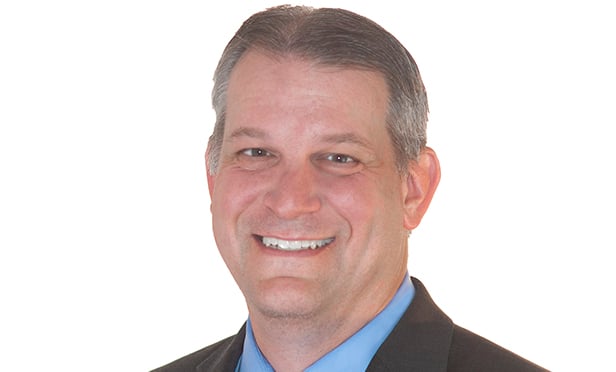Duke Ellington is known more for his great music, such asTake the 'A' Train (alas, it's flooded right now) than forhis inspirational quotes, but in thinking about what has gone withthe weather on over the last two days—and where the recovery isheaded over the next few months—I thought his words wereprophetic.
|“A problem is a chance for you to do your best,” is a quoteattributed to Ellington and boy, is the insurance industry facingsome problems.
|Disaster recovery is a challenge for any business, but when yourbusiness is helping others recover from their own disasters andyour own business is located in the midst of that same disaster,well, that's what you call a double-edged sword.
|It's too early to assess the damages that insurance carrierslocated along the Eastern seaboard are facing within their own fourwalls. With roads still flooded and mass transit at a standstill itcould be a few days before IT workers are able to get back to theoffice and assess the damages.
|When adversity strikes others, it is wise to look at your owncircumstances and try to gauge what would happen if a phenomenonsuch as Sandy strikes your area. None of us are immune from thesenatural disasters. We've seen too much evidence of it in the lastdecade, whether it is a hurricane, a tornado, an earthquake, oreven a blizzard.
|There used to be plenty of examples of companies going out ofbusiness if they suffered a major data loss. Twenty years ago,business continuity plans were rare and when Hurricane Andrewstruck Florida in 1992, 80 percent of companies that did not havesuch a plan went out of business, according to the InformationTechnology Association of America.
|Most companies today are smart enough to have a plan. Their dataresides either in multiple locations—hopefully not in the same oran adjoining ZIP Code—or, as we have seen more recently, in thecloud. Having data available is the only way for an insurer to getthe business running quickly and insurers are always judged bypolicyholders on how quickly they react to their claims.
|Of course, having a connection to your customers is vital. AsRob McIsaac, a principal with Novarica points out, disaster plansalmost always focus on getting the back-end systems running, buttoo often ignore the front end. People want to communicate withtheir insurer. Having back-end systems running doesn't mean much ifthe front end is closed.
|Practicing for a disaster is helpful, but all the practice inthe world can't prepare businesses to react as well as they—andtheir customers—would like. For one thing, you can't replicate thepersonal pressure employees are going through as they have to dealwith their own disaster recovery plans.
|The insurance world will be watching how companies react to oneof the most expensive storms in history. There will be lessons forall of us to learn from Sandy.
|Want to continue reading?
Become a Free PropertyCasualty360 Digital Reader
Your access to unlimited PropertyCasualty360 content isn’t changing.
Once you are an ALM digital member, you’ll receive:
- All PropertyCasualty360.com news coverage, best practices, and in-depth analysis.
- Educational webcasts, resources from industry leaders, and informative newsletters.
- Other award-winning websites including BenefitsPRO.com and ThinkAdvisor.com.
Already have an account? Sign In
© 2024 ALM Global, LLC, All Rights Reserved. Request academic re-use from www.copyright.com. All other uses, submit a request to [email protected]. For more information visit Asset & Logo Licensing.








